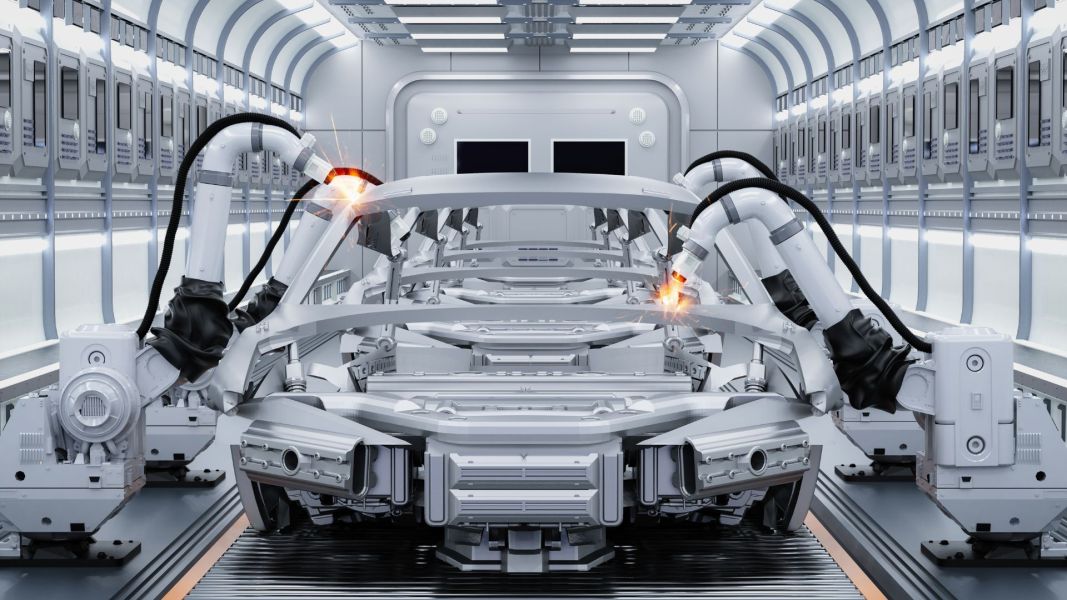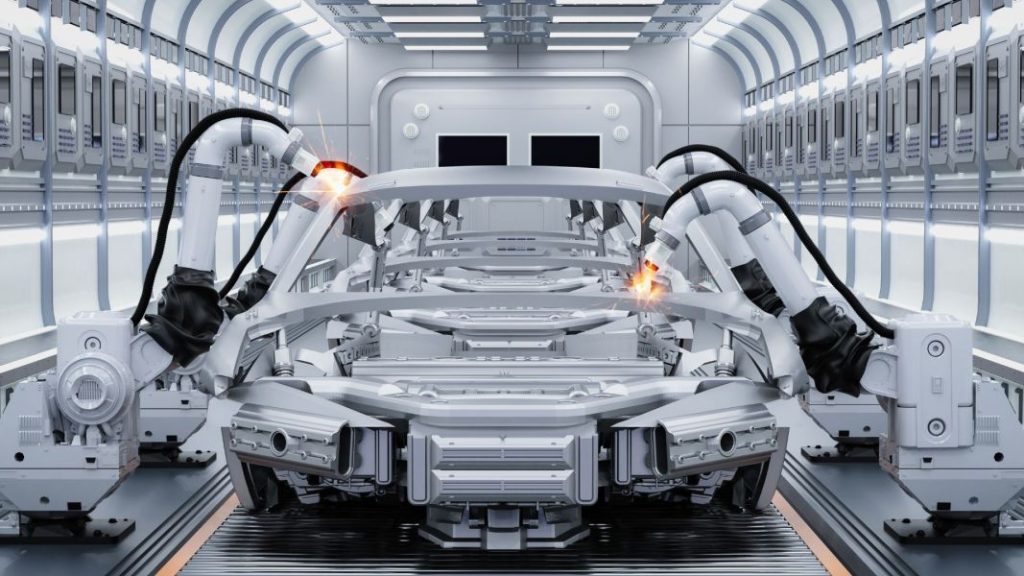Artificial Intelligence (AI) is rapidly transforming the manufacturing landscape, heralding a new era marked by enhanced efficiency, precision, and innovation. This technological revolution extends across various aspects of manufacturing, significantly impacting the functionality and optimization of key components like servos, Human Machine Interfaces (HMIs), and Automation PCs. By integrating AI into these essential elements, manufacturing processes are becoming more responsive, adaptable, and efficient. This article explores the pervasive influence of AI in modern manufacturing and its implications for future industry trends.

AI-Enhanced Servo Mechanisms: Precision and Efficiency
In the realm of manufacturing, servos are integral for precise motion control in various applications. AI integration elevates the capabilities of these servos, enabling more accurate and efficient control mechanisms. Through real-time data processing and predictive analytics, AI-enhanced servos can optimize their functions for better performance, energy efficiency, and reduced wear and tear. This advancement is particularly crucial in sectors where precision is paramount, such as in the production of intricate components in the automotive and aerospace industries.
Human Machine Interfaces (HMIs): Intuitive Interaction and Control
Human Machine Interfaces (HMIs) serve as the critical point of interaction between human operators and manufacturing systems. The infusion of AI into HMI technology has transformed these interfaces into more than just control panels; they are now intelligent systems capable of providing insights, predictive maintenance alerts, and personalized operator guidance. AI-driven HMIs can process vast amounts of data, offering intuitive user experiences and enhancing decision-making processes on the production floor. This evolution marks a significant stride in making complex manufacturing systems more accessible and efficient.
Automation PCs: The Brain Behind Intelligent Manufacturing
Automation PCs, the central processing units in manufacturing setups, have been revolutionized by AI. These computers now serve as the brains of intelligent manufacturing operations, orchestrating various components and processes. With AI, Automation PCs can analyze data from the entire manufacturing ecosystem, making autonomous decisions to optimize production workflows, resource allocation, and system diagnostics. This capability ensures seamless integration of processes, from raw material handling to final product assembly, ushering in a new level of operational efficiency and reduced human error.
The Broader Impact of AI in Manufacturing
Streamlining Production and Enhancing Customization
- AI’s most significant impact in manufacturing is its ability to streamline production processes. Automated lines powered by AI can rapidly adjust to changes in product design, enabling mass customization. This flexibility allows manufacturers to efficiently cater to specific customer preferences without sacrificing production speed or increasing costs.
Sustainable Manufacturing Practices
- AI also contributes to more sustainable manufacturing practices. By optimizing resource use and reducing waste through intelligent decision-making, AI-driven manufacturing processes not only save costs but also minimize environmental impact. This sustainable approach is becoming increasingly important in global manufacturing strategies.
Empowering the Workforce
- Far from replacing human workers, AI in manufacturing empowers them. By taking over repetitive and hazardous tasks, AI allows the workforce to focus on more strategic and creative aspects of production. Additionally, AI-driven safety enhancements in manufacturing environments are pivotal in creating safer workplaces.
Future Outlook: AI in Manufacturing
The future of AI in manufacturing is poised for continued growth and innovation. The ongoing development of machine learning algorithms and robotics promises to further advance the capabilities of key manufacturing components like servos, HMIs, and Automation PCs. This advancement is expected to lead to even more autonomous, flexible, and efficient manufacturing processes.
Ethical and workforce considerations will remain at the forefront as AI continues to integrate into manufacturing. Ensuring responsible use of AI and preparing the workforce for an AI-driven industrial future are essential steps in realizing the full potential of this technology.
Conclusion
The integration of AI into manufacturing marks a pivotal shift in the industry, offering enhanced efficiency, precision, and adaptability. By revolutionizing critical components such as servos, HMIs, and Automation PCs, AI is setting new standards in manufacturing operations. As this technology continues to evolve, it holds the promise of transforming manufacturing into a more intelligent, sustainable, and innovative industry, ready to meet the challenges of the modern world.

Founder Dinis Guarda
IntelligentHQ Your New Business Network.
IntelligentHQ is a Business network and an expert source for finance, capital markets and intelligence for thousands of global business professionals, startups, and companies.
We exist at the point of intersection between technology, social media, finance and innovation.
IntelligentHQ leverages innovation and scale of social digital technology, analytics, news, and distribution to create an unparalleled, full digital medium and social business networks spectrum.
IntelligentHQ is working hard, to become a trusted, and indispensable source of business news and analytics, within financial services and its associated supply chains and ecosystems










